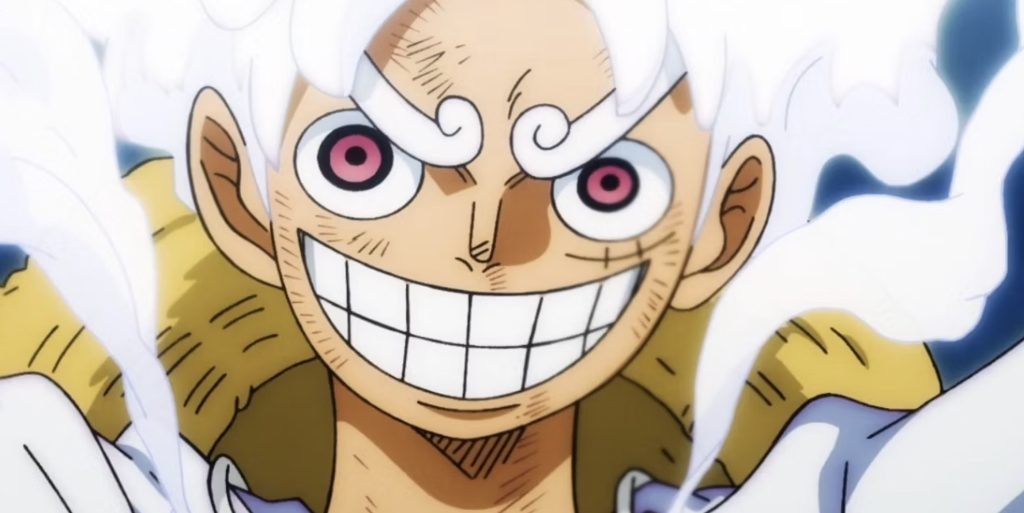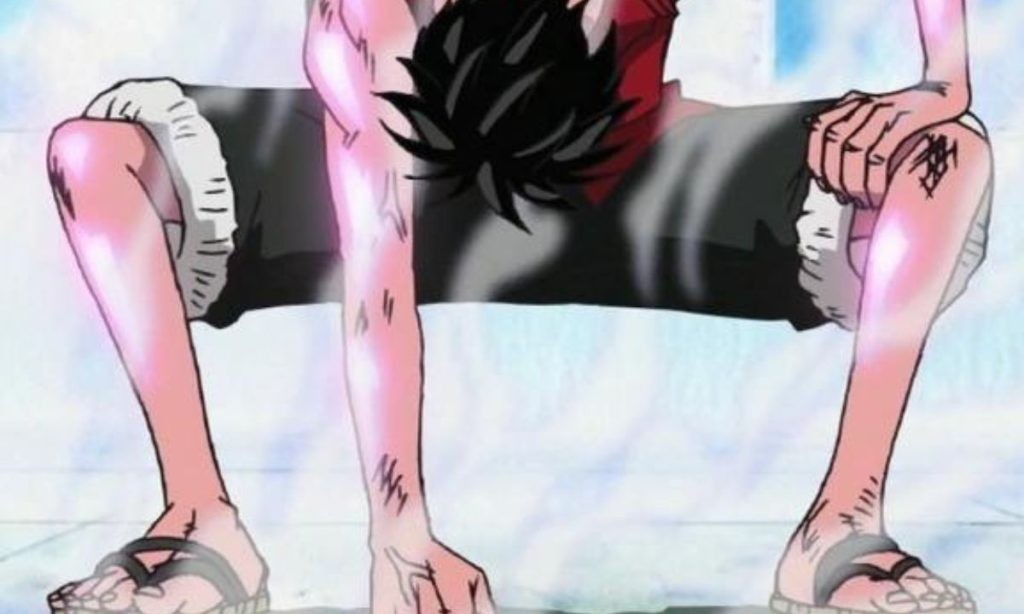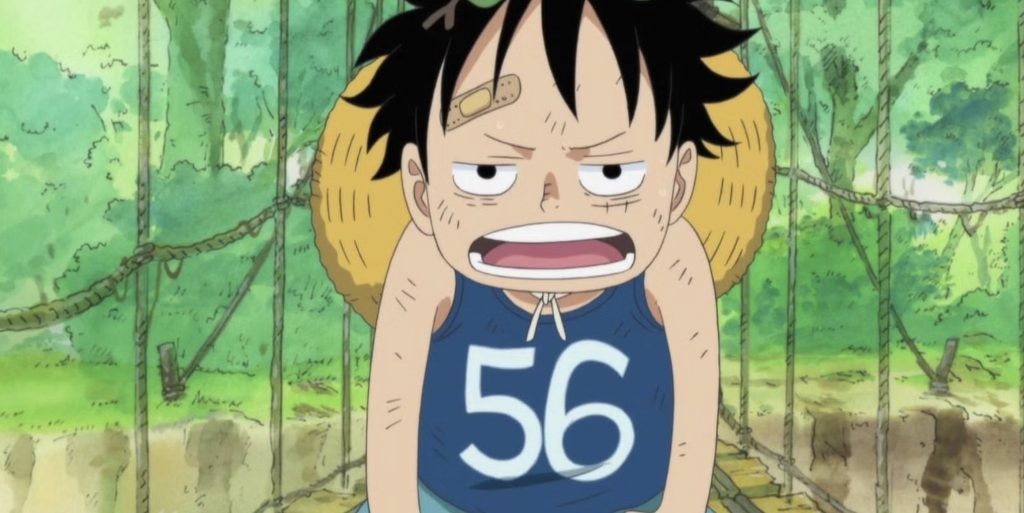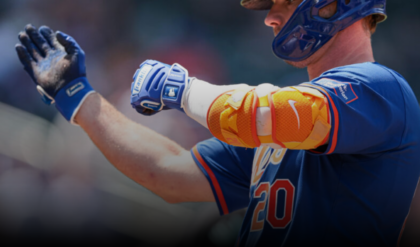“Luffy’s crew is all ‘No-Nationality Men’”: Eiichiro Oda’s Reason Behind Not Fashioning Luffy and the Straw Hats on Ancient Japanese ‘Wakou’ Pirates
Eiichiro Oda crafts the crew as “No-Nationality Men,” defying conventional categorization.
SUMMARY
One Piece integrates diverse global influences, evident in the Straw Hat Pirates’ backgrounds.
Characters’ nationalities enrich the series, despite not strictly adhering to real-world counterparts.
Eiichiro Oda crafts the crew as “No-Nationality Men,” defying conventional categorization.
Eiichiro Oda’s One Piece is widely known as one of the most successful and influential anime and manga series all over the world. The story features a wide cast of characters, from Luffy to his diverse range of allies and rivals.
The creator of the series, Eiichiro Oda, has drawn notable inspiration from real-world elements, such as cities, historical locations, and even some actual persons. Considering the unique designs of each character of the story, fans have naturally been curious about the nationalities and cultural influences that inform their creation.
One Piece has frequently shined at incorporating wide multicultural elements into its story. Along with many characters having Western names, the story frequently includes historical and cultural influences from various parts of the world.
Why Eiichiro Oda Chose Not to Base Straw Hats on Ancient Japanese ‘Wakou’ Pirates
One Piece is renowned for its fusion of diverse international objects into the story. This is particularly obvious in the varied nationalities and cultural influences that shape the Straw Hat Pirates.
 Luffy in One Piece
Luffy in One Piece
While the story does not strictly stick to real-world nations and ethnicities, the nationalities of the characters are often visible based on how they are written and portrayed.
In any case, the accuracy of these national associations, and the background of characters serve to enrich both the individuals and the series as a whole.
 Luffy Gear 2 in One Piece
Luffy Gear 2 in One Piece
In response to a fan’s question during the SBS section of Volume 22, series creator Eiichiro Oda addressed the question of the Straw Hats’ national origins. The fan wondered if Luffy and his crew were meant to represent historical Japanese “wakou” pirates.
Oda clarified that the Straw Hats are purposefully crafted as,
“Hmmm. First of all, Luffy’s crew is all “No-Nationality Men”. You can’t say what country they come from. Now about, “wakou”. Yes. A long time ago, there were men in Japan called “wakou” who were basically “pirates”. This “Wakou” would get into their boats and raid the Korean peninsula and Chinese mainland. Sometimes in your textbooks, it talks about “expeditionary forces” to Korea, but those were really pirates. They were there to loot and plunder and all that. Yeah, they were bad guys. There’s also another famous group of people around the Seto Inland Sea called “Murakami Suigun (Navy)” who were basically pirates. They have been a big influence on Japan throughout history, though they don’t get widespread recognition. A long time ago, I was researching the differences between “wakou” and “suigun”, but there were “suigun” who were called “wakou”, so I got the impression that there’s no need to even draw a distinction. In short, Japan has had a lot of “pirates”.”
Oda’s research into the nuanced distinctions between “wakou” and “suigun” pirates eventually led him to the conclusion that there was little need to draw a firm line between the two, as there was a major match in their activities and aims.
Why The Final Saga Will Be One Piece‘s Greatest Arc
The current Egghead Island arc has already proven itself to be an exceptional achievement within the One Piece series. When considering the importance of the events that have proceeded during this arc, it becomes clear why many fans and critics are calling it the best the series has offered thus far.
 Luffy in One Piece (Credits: Toei Animation)
Luffy in One Piece (Credits: Toei Animation)
This is a trend that has been observed throughout One Piece‘s story. For example, the East Blue saga got more exciting as it built up to the Arlong Park arc. A similar pattern emerged in the later Water Seven and Enies Lobby arcs, with the story reaching its peak in the second half of storylines.
The same principle remained true for the Summit War saga, which reached its peak in the epic Marineford arc. This pattern has continued even after the series’ time-skip, with the current Four Emperors saga delivering its most amazing and important moments in the Wano Country arc.





